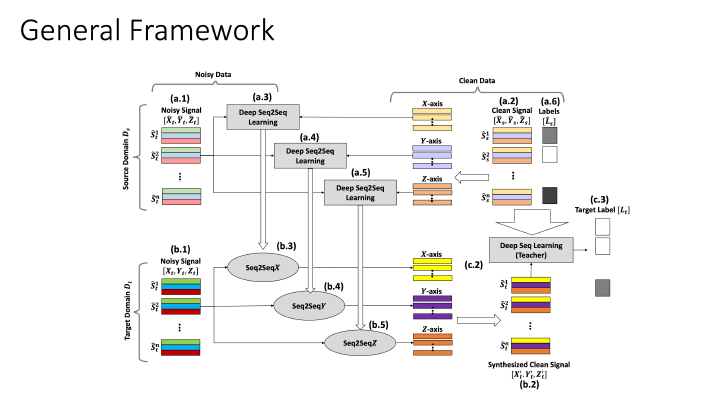Boosting Lying Posture Classification with Transfer Learning

Abstract
Automatic lying posture tracking is an important factor in human health monitoring. The increasing popularity of the wrist-based trackers provides the means for unobtrusive, affordable, and long-term monitoring with minimized privacy concerns for the end-users and promising results in detecting the type of physical activity, step counting, and sleep quality assessment. However, there is limited research on development of accurate and efficient lying posture tracking models using wrist-based sensor. Our experiments demonstrate a major drop in the accuracy of the lying posture tracking using wrist-based accelerometer sensor due to the unpredictable noise from arbitrary wrist movements and rotations while sleeping. In this paper, we develop a deep transfer learning method that improves performance of lying posture tracking using noisy data from wrist sensor by transferring the knowledge from an initial setting which contains both clean and noisy data. The proposed solution develops an optimal mapping model from the noisy data to the clean data in the initial setting using LSTM sequence regression, and reconstruct clean synthesized data in another setting where no noisy sensor data is available. This increases the lying posture tracking F1-Score by $24.9%$ for left-wrist' and by $18.1\%$ for right-wrist' sensors comparing to the case without mapping.